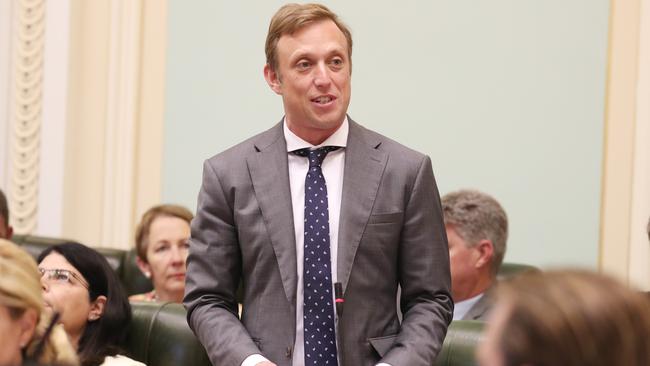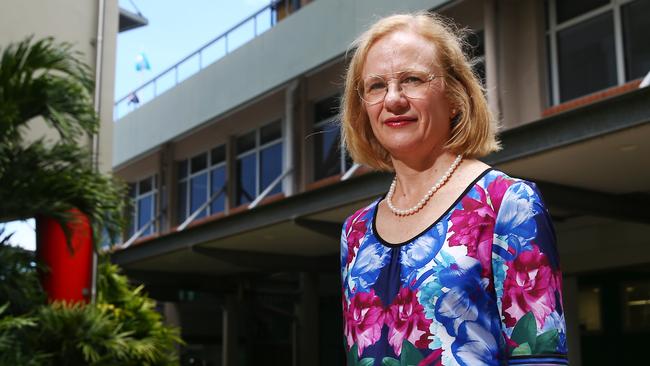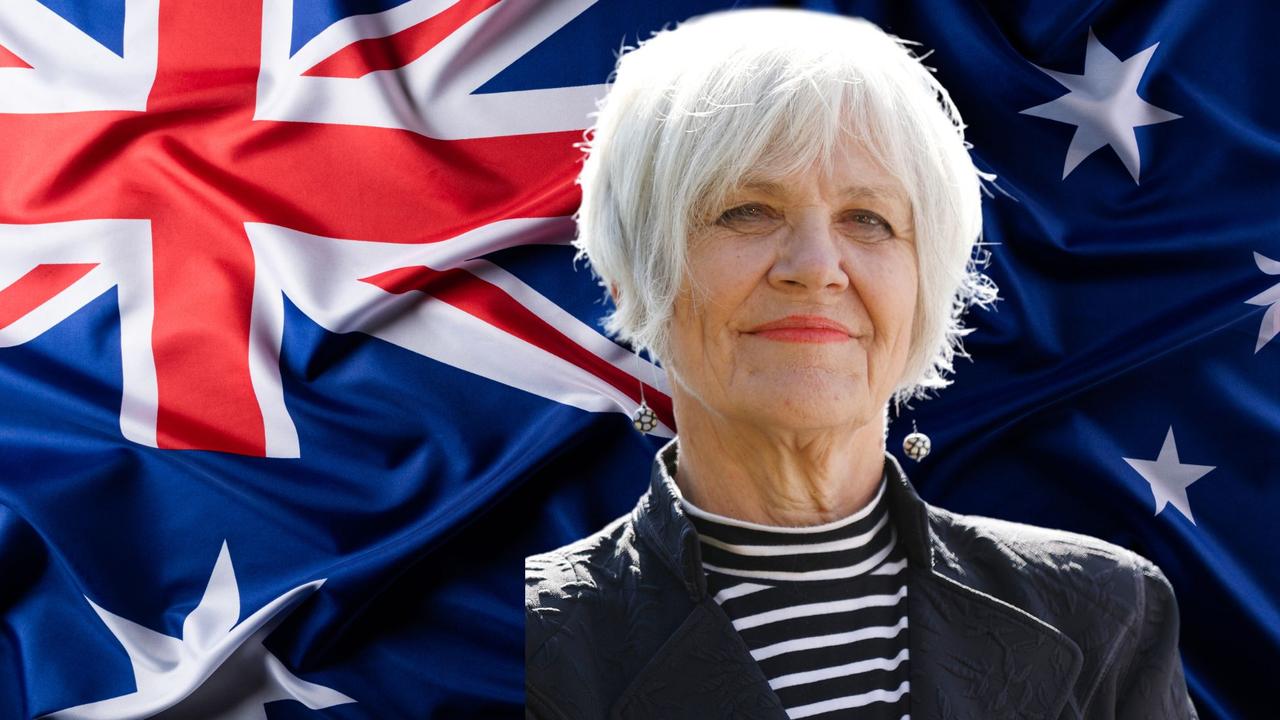Qld allows pharmacists to give flu jabs to children as young as 10
The State Government has moved to expand the reach of Queensland pharmacists — and the peak body for GPs is expected to oppose it.

QLD Politics
Don't miss out on the headlines from QLD Politics. Followed categories will be added to My News.
QUEENSLAND children as young as 10 will be able to access flu vaccination at pharmacies from this year, under radical changes approved by the State Government.
The controversial move, expected to be opposed by the Australian Medication Association, will lower the minimum age for pharmacy-administered flu vaccines from 16 to 10.
AMAQ in bid to block pharmacies dispensing prescriptions
The flu is a killer, grieving husband’s warning to Queenslanders
Free flu jabs for kids on NIP move is welcomed by state Health minister Steven Miles
But while Queenslanders aged 16 and older can be immunised against influenza at a pharmacy without parental consent, those aged between 10 and 16 will require a parent’s approval.
Moves to increase the number of people eligible to receive flu jabs by specially trained pharmacists come as Australia prepares for the possibility of a coronavirus pandemic – worldwide spread of the disease.
Public health authorities are understood to be concerned about the potential for outbreaks of COVID-19 in Australia coinciding with the flu season.

Queensland Health Minister Steven Miles has had to amend the Health (Drugs and Poisons) Regulation 1996 to allow children from 10 years of age to receive flu jabs at pharmacies.
Western Australia and Tasmania both approved pharmacists being allowed to provide flu vaccination to children as young as 10 during last year’s influenza season, the worst on record in Australia.
Queensland pharmacists have also given power to administer a broader range of vaccines to people aged 16 and older, including cholera, hepatitis A, polio and the meningococcal ACWY jab.
Mr Miles said the changes, effective immediately, would make it easier for Queenslanders to access immunisation.
Queensland Chief Health Officer Jeannette Young said pharmacists provided an additional opportunity for people to get vaccinated.

“Increasing the access to vaccines for preventable diseases increases not only the individual’s protection, but also helps reduce the spread of the disease with the community – also known as herd immunity,” Dr Young said.
“Allowing trained pharmacists to administer vaccines will significantly increase the immunisation rates within the community and reduce the incidence of vaccine-preventable diseases.”
Mr Miles will be in Melbourne today and tomorrow for the Council of Australian Governments meeting of health ministers, which is expected to focus on Australia’s preparedness for COVID-19.


